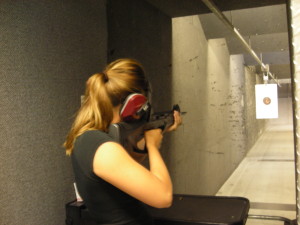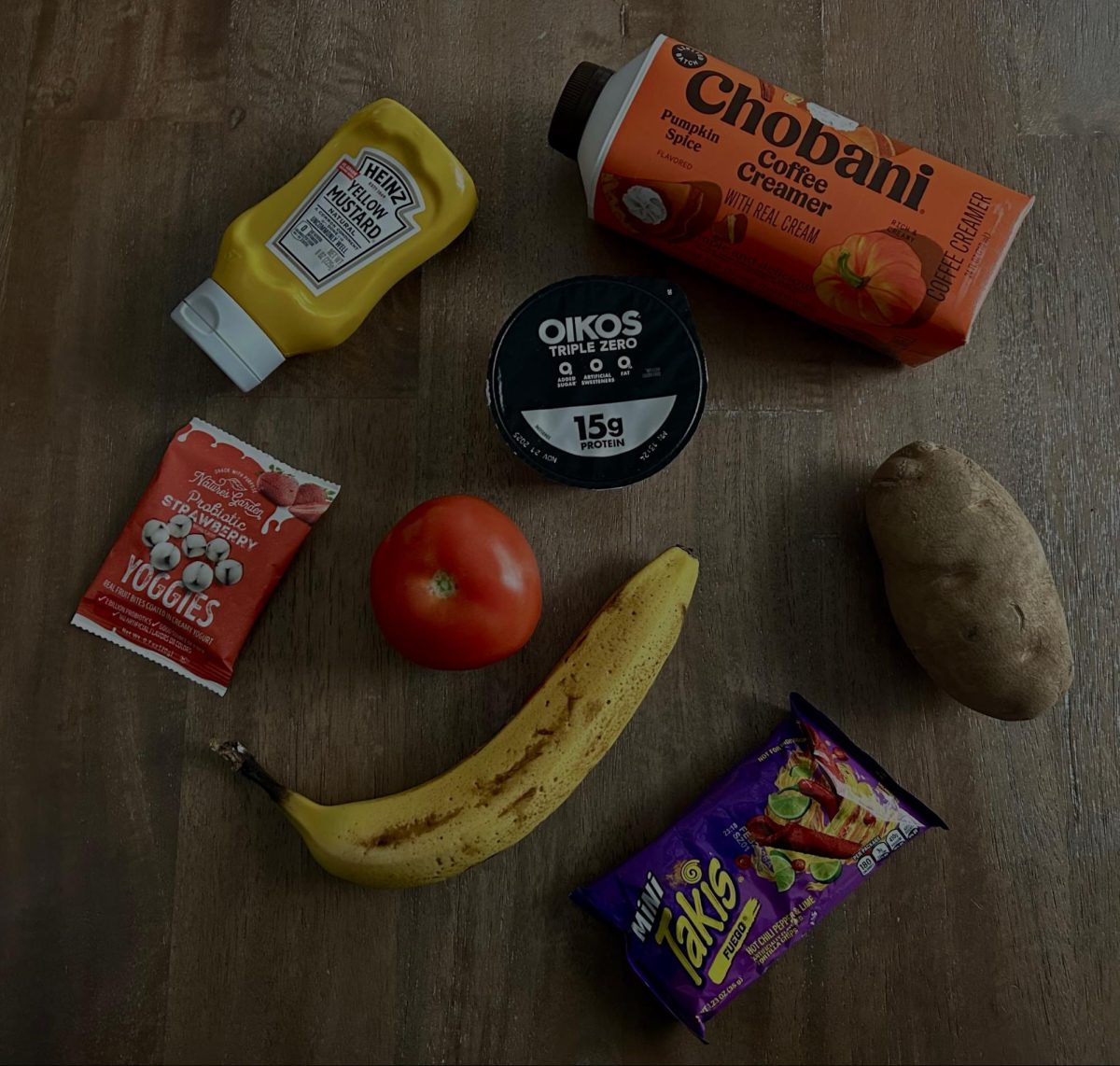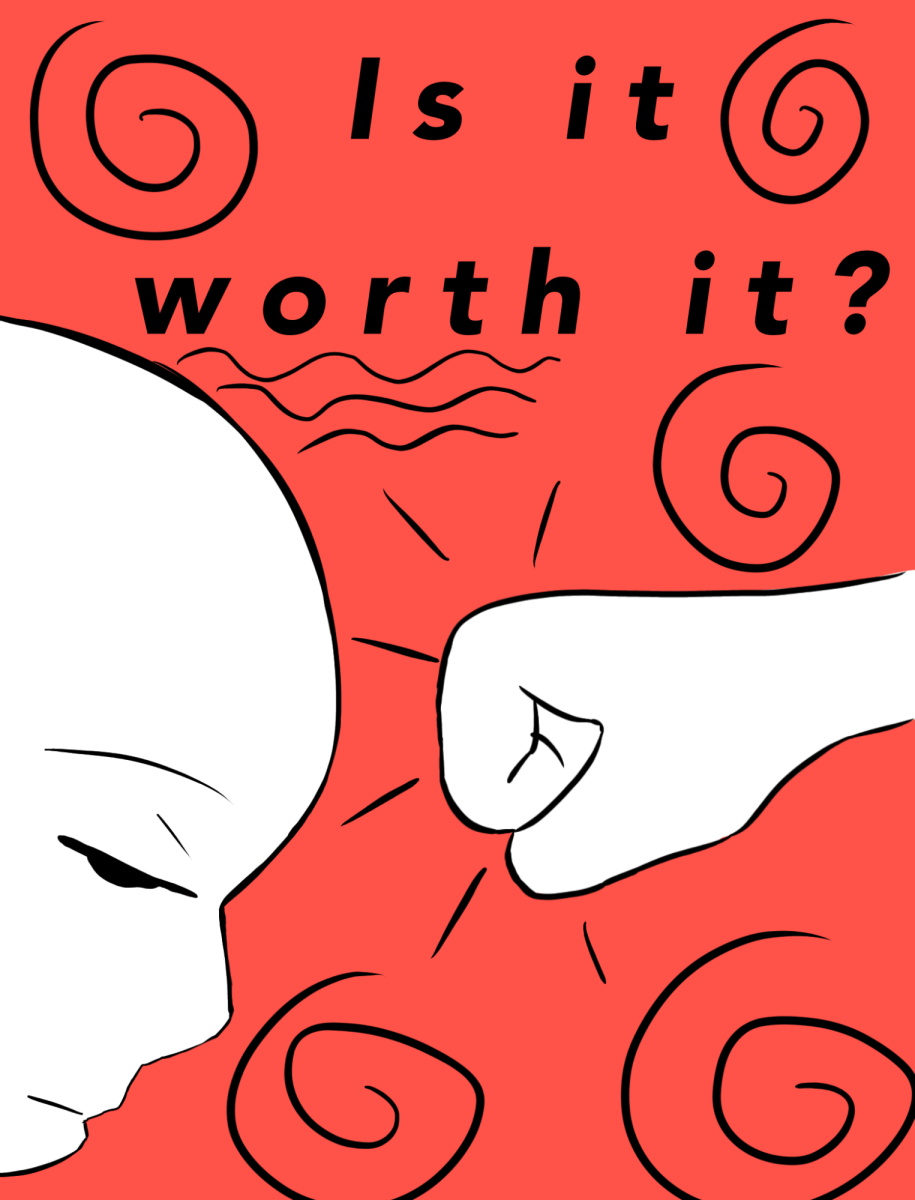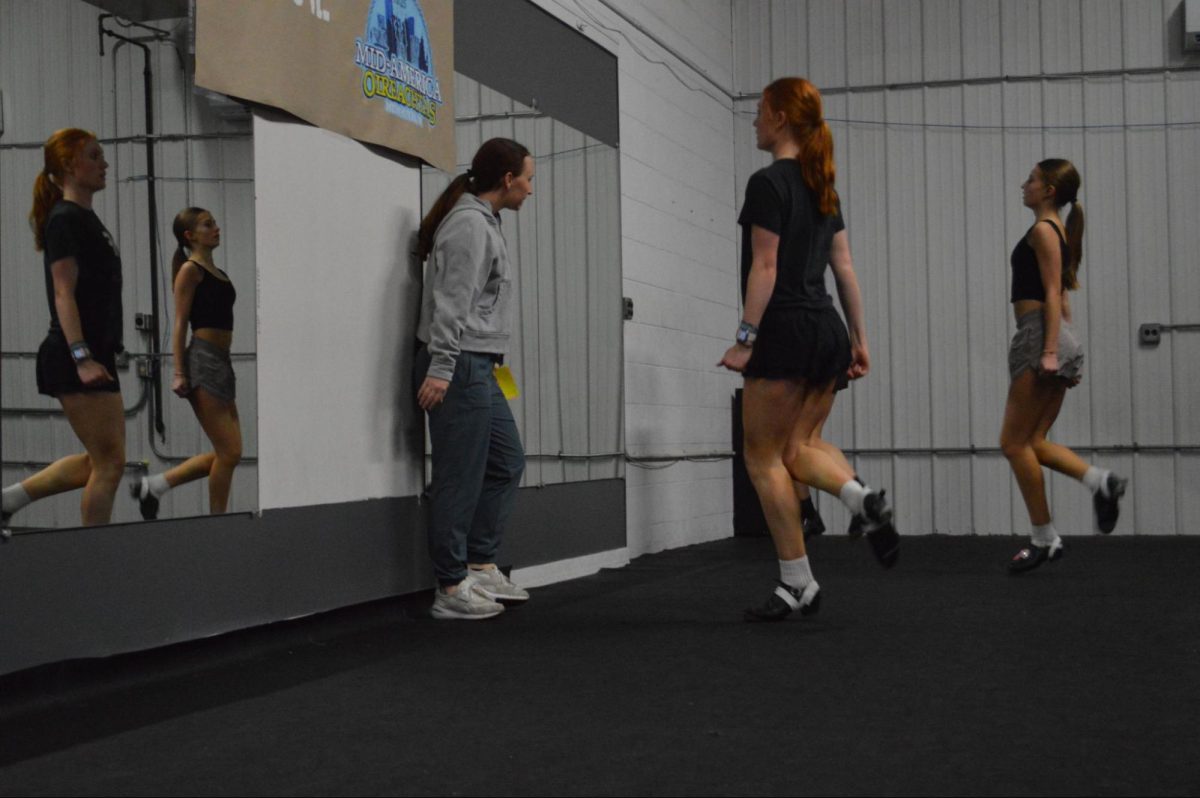By Casey Jacobson and
Alex Vickery, Executive Editors
32 victims. 4 guns. 1 shooter.
On Dec. 14, in the peaceful town of Newtown, Connecticut, around 450 children were starting their school day normally when 20 year old Adam Lanza broke into the school. After fatally shooting his mother at their home, he drove to Sandy Hook Elementary School, wearing all black and armed with a Bushmaster XM15-E2S rifle. He shot down the school’s locked door and killed four adults immediately after they tried to stop him.
Lanza made his way throughout the halls of the suburban school and ended up killing two more teachers and 26 children. Others were injured from bullet wounds. After firing 50 to 100 rounds, Lanza seized shooting and committed suicide by a shot to the head.
The Newtown tragedy has only increased the debate of gun restrictions. People all over the country are asking one thing: where do we draw the line between the right to bear arms and increasing gun violence?
Guns in the U.S.
On July 28, 2012, the Violence Commission appeared before Congress and proposed the following: “A licensing system for all handguns, with possession restricted to those who can prove they have a special need for such guns. Government confiscation of all guns not licensed, with the Government paying for guns seized.”
Under this proposition, the Violence Commission estimates that about 21.6 million of the 24 million handguns that Americans own could be taken by the government. Last year, there was a bill proposal that asked for stricter registration of guns, but Congress rejected the proposal and instead passed a bill tightening gun sale regulations.
The U.S. is not unfamiliar with firearms. In July 2012, the National Commission on the Causes and Prevention of Violence (NCCPV) reported that there are 90 million firearms in the U.S. and around 30 million households possess at least one gun. Two out of every three homicides are committed with guns. Twenty four million of the firearms in America are handguns and they are the cause of about half of all homicides.
Junior Brady Feece has firearms in his home that belong to his father and says that they make him feel safe.
“Just knowing if something ever happened, that we would have self-defense to protect ourselves,” Feece said.
On the other hand, junior Ethan Witt would not prefer having guns in his home.
“Although I trust my family and myself that none of us would use a gun to harm an innocent life, I want nothing to do with an instrument which has the sole purpose of ending lives,” Witt said.
Although many Americans have always owned guns, there has been a significant increase in the past five years. Statistics from the NCCPV show that since 1963, annual rifle and shotgun sales have doubled and the annual handgun sales have quadrupled.
Cops in the classroom?
After the Sandy Hook shooting, The National Rifle Association (NRA) has suggested putting armed officers in every school in America.
CEO of the NRA Wayne LaPierre has suggested this to ward off any sort of tragedy or violent crime like the one that recently occurred in Newtown, CT.
“With foreign aid, with all the money in the federal budget, we can’t afford to put a police officer in every school?” LaPierre asked.“I call on Congress today to act immediately, to appropriate whatever is necessary to put armed police officers in every school—and to do it now, to make sure that a blanket of safety is in place when our children to return to school in January.”
This is a topic raging among modern day politics, and many Americans have different opinions on the issue.
“My first thought is that more guns in school is not the best idea. Maybe if there were private security guards, that would be a better alternative,” history teacher Jonathan Busch said.
Students also have varied opinions on the issue. Witt believes that putting armed officers in schools is hardly beneficial.
“I feel that this is an absolutely horrid suggestion. We’ve worked so hard to keep weapons of any kind of schools, and introducing them to a school environment would do nothing but starve children of the feeling of safety they should have,” Witt said.
Feece doesn’t feel as though teachers should have guns, but he doesn’t have a problem with security guards carrying guns.
“It’s one more step for safety for the kids,” Feece said.
While many Americans agree and disagree on the topic, this preposition is not a cheap one. According to the National Center for Education Statistics, there are 98,817 public elementary and secondary schools in the country and 33,366 private schools. Along with this, the median annual salary for a police officer is 56,035, according to the Bureau of Labor Statistics.
With these two statistics put together, the minimum cost of putting a police officer in every public school is about $6.4 billion, including the cover of the costs of payroll taxes and benefits. Considering that these officers would need hiring and training, this cost is just the beginning.
With the national debt spilling over and the federal government running $1 trillion in deficits, the cost for this safety initiative is high.
“We live in the most prosperous nation on the planet, and there’s no reason for children or adults to live in constant fear of gun violence. There are much better ways to solve the issue of security in schools,” Witt said.
Obama’s Plan
With President Barack Obama starting his second term, he will be pushing an assortment of gun restrictions in future months.
“There needs to be a specific definition by the government on what they believe constitutes an assault weapon. Then once that’s had, there can be a proper debate by both sides about the best course of action,” Busch said.
Gun control activists are striving for a ban on assault weapons, mandatory background checks for gun buyers and the closing of private-sale loopholes.
“I expect President Obama to take the lead on closing the gaping hole in our ‘system’ for keeping guns from criminals, underage youth and other prohibited persons,” director of the John Hopkins Center for Gun Policy and Research, Daniel Webster, said. “The federal government’s failure to require all gun sellers to verify that prospective gun owners have passed a background check before transferring a firearm is the single biggest flaw in our current system.”
Since Obama first took office, gun sales have soared to record levels even though Obama didn’t impose any additional gun restrictions during his first term.
“I am certain that Obama thinks our gun laws are insane, and he doesn’t ever have to run for office again,” spokesman for the Coalition to Stop Gun Violence Ladd Everitt said. “It won’t be lost of many people that a sportscaster was willing to speak out about the issue, but Obama hasn’t found the guts to take on the Republicans yet.”
The White House said Obama is planning on protecting gun rights while also making it harder for law-breakers to acquire guns.
Witt believes that restrictions on gun ownerships need to be substantially increased.
“Let’s be honest—we can’t outright ban guns. But we’ve been far too lenient in their sale and registration. We need to move out of the mind set that we should keep guns out of the hands of the mentally unstable and into the mind set that we should provide them to responsible citizens,” Witt said.
“We’re not optimistic. We’re planning for the worst,” said NRA spokesman Andrew Arulanandam. “We’ve told people to plan for gun bans and a Supreme Court stacked with anti-gun judges. The president has a variety of options at his disposal—we don’t take any of them for granted.”
Although this topic doesn’t always pertain to students, many have strong beliefs and values regarding gun restrictions.
“I think that if gun restrictions were strengthened it would cause an uproar. It would be a lose-lose situation either way,” junior Lanie Callaghan said.
Gun control activists and gun rights advocates are going head-to-head bracing themselves for a political war.








